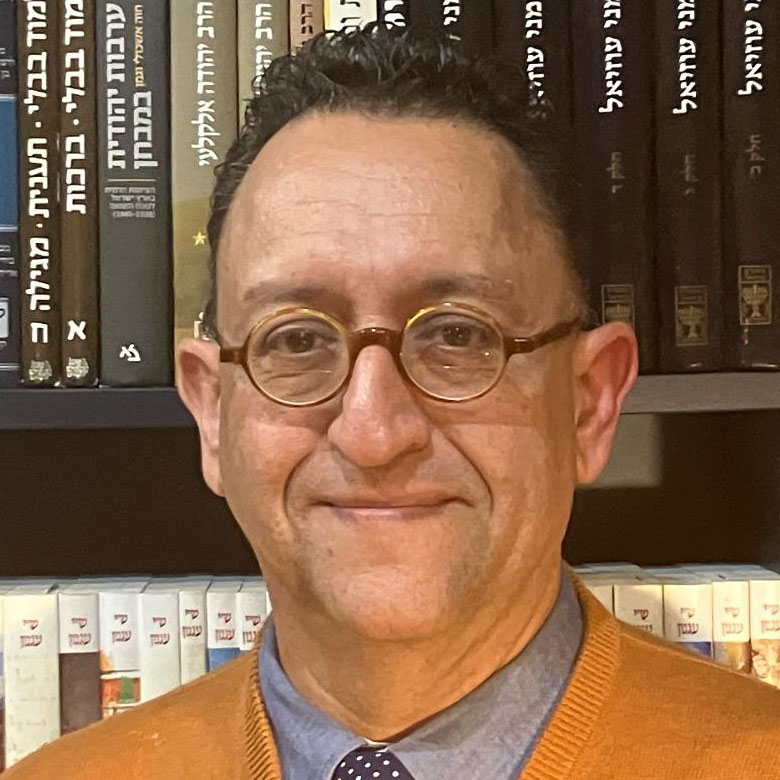Dr. Norman Lamm, the president of New York’s Yeshiva University, once told me of a professor he knows in Israel who does not consider himself an observant Jew but who insists that his children maintain one halachic practice at home: “Birkat HaMazon” (the grace after meals). Lamm explained this peculiarity as the professor’s belief that the Torah’s commandment that we should give thanks for our food is an ethic that every child should be taught, so that at every meal they will never forget to appreciate the food on the table.
Three Hebrew words in the Torah – V’achalta, V’savata, Uve-rachta (“When you have eaten your fill, give thanks to the Lord” Deuteronomy 8:10) – comprise a verbal sequence that captures the essence of thanksgiving and appreciation every time we sit down to a meal. The Talmudic rabbis devoted an entire chapter of Talmud and 20 legal entries in the Shulchan Aruch (code of Jewish law) discussing the intricate legal details of the appropriate language and format for what came to be known as “Birkat Ha-Mazon.”In today’s fast-paced world of “can’t eat breakfast here, I’ll grab something at Starbucks,” “let’s do a quick lunch so we can get back to the office,” or “please order takeout, I’ll be at the office late tonight,” we not only seem to have lost the valuable experience of sitting down as a family to enjoy meals, but our fast paced lives do not allow us to contemplate, as individuals or with our families, how blessed we really are to have food on our tables, no matter what the venue.
The mitzvot in the Torah are often misunderstood as “rituals” or “ceremonies.” The mitzvot are a means of connecting our daily lives with God, and, depending on the mitzvah, heightening our awareness of the philosophical or world issues that lie behind the idea of this mitzvah.
World hunger is no secret to any of us, nor is it anything new. When we walk out of Starbucks or the various restaurants that we frequent, usually having “eaten our fill,” we are almost always confronted by a starving homeless person who may not have eaten his or her fill in days. Every night on the news we witness reports of increased starvation and hunger around the world.
In this light, the mitzvah of “when you have eaten your fill, give thanks to the Lord,” is not only an expression of appreciation for the food we have, but perhaps a means by which the Torah wishes to sensitize our feelings toward those who do not have food.
So the next time you sit down to a meal, think about the many who do not have what you have before you – you just might want to give thanks for it.
Daniel Bouskila is rabbi at Sephardic Temple Tifereth Israel.


































 More news and opinions than at a Shabbat dinner, right in your inbox.
More news and opinions than at a Shabbat dinner, right in your inbox.